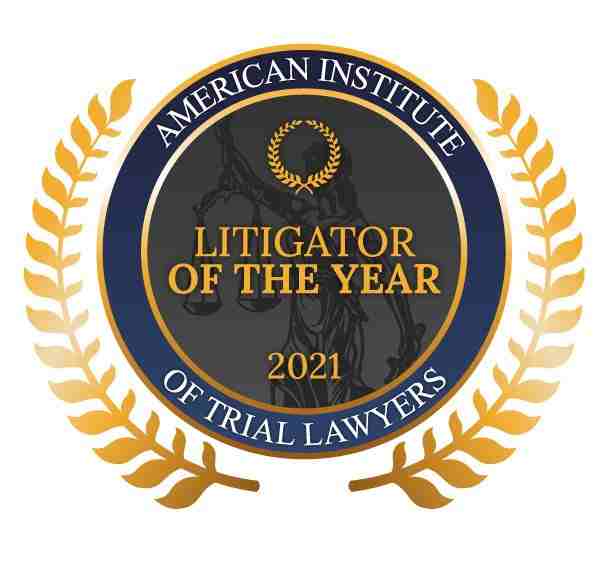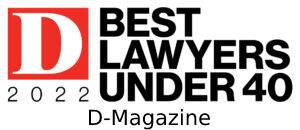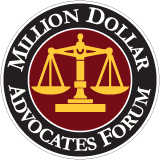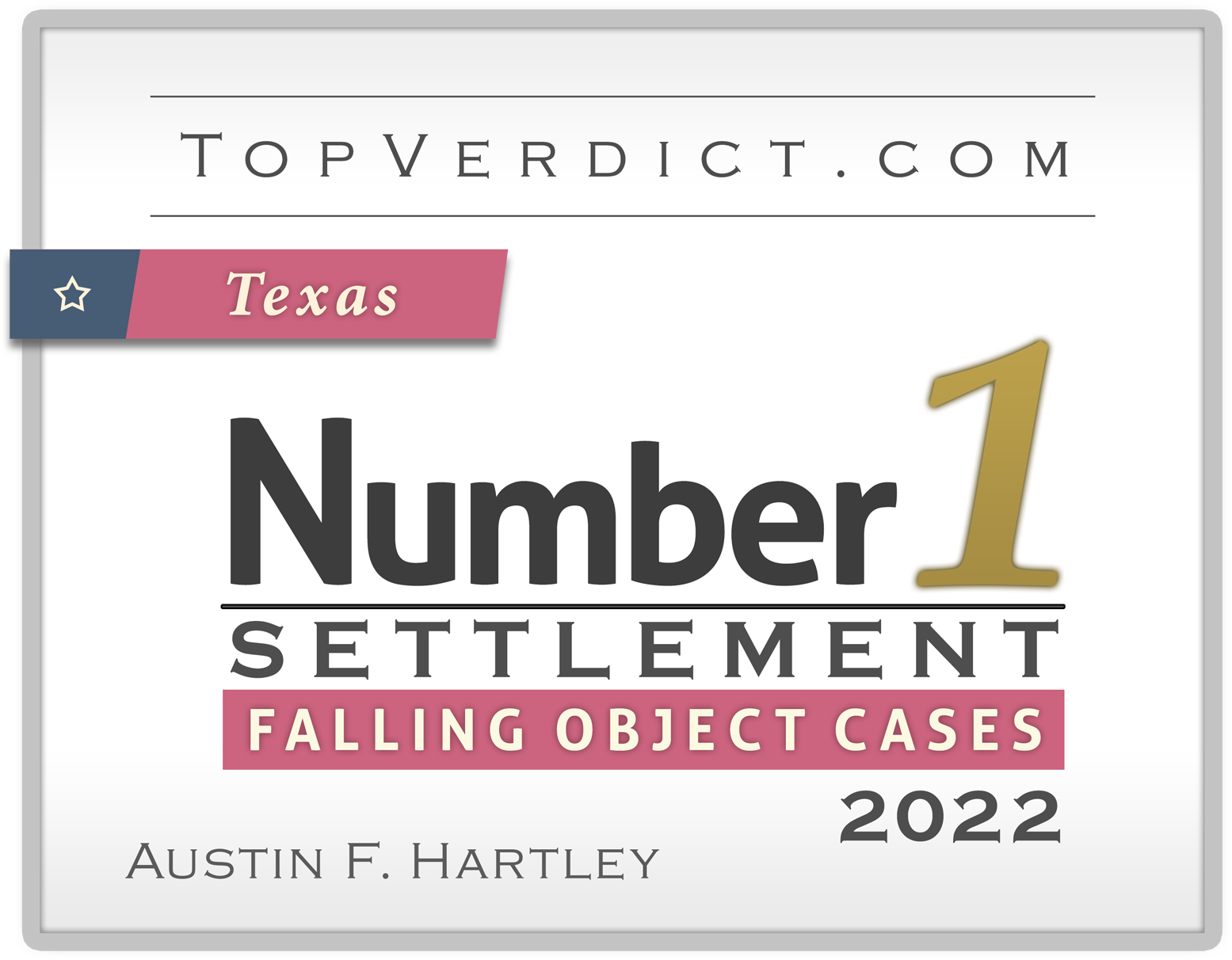

Nursing home abuse, as unimaginable as it is, occurs far more often than most people realize. If you believe that your loved one’s safety is in jeopardy or that they have already been subject to abuse, reach out to the Hartley Law Firm for immediate assistance. Our Lewisville nursing home abuse lawyers are available to help you understand your rights and advise you of your options.
What Is Nursing Home Abuse?
The definition and common understanding of elder abuse and nursing home neglect can vary among health care staff, researchers, family members, and residents. These different understandings of what constitutes elder abuse often make it challenging to catch the signs of nursing home abuse.
A recent study on elder abuse and neglect revealed that nursing home abuse and elder neglect are often overlooked as safety issues. Three analytical categories emerged from the study showing that many of the research participants perceived:
- Abuse amongst residents as a “normal part of nursing home” life;
- Abuse from relatives as a “private affair”; and
- Abuse from care staff as an “unthinkable event.”
The harrowing results of the study showed that family members and care managers often lack awareness of the extent of harm that elder abuse can cause residents and their loved ones. A Lewisville nursing home neglect and abuse attorney can help residents and their families understand their rights and remedies.
Types of Nursing Home Abuse
Nursing home abuse is just one facet of a more significant problem with elder abuse. Like many other crimes, not every instance of nursing home abuse makes its way through the criminal or the civil legal system. Many of these cases go unreported because of the resident’s physical, psychological, or cognitive state. Further, many people are unaware of the types of nursing home abuse that can occur.
Resident-to-resident mistreatment is one of the most challenging forms of nursing home abuse. This type of abuse refers to negative, often aggressive, interactions between residents in nursing homes or other long-term care facilities. Some common examples of resident-to-resident abuse include:
- Unwanted sexual behavior,
- Verbal threats or harassment,
- Physical assaults, and
- Theft and fraud.
Although some care managers express that bullying and abuse are a natural part of nursing home life, the law sees it differently. These types of aggressive behaviors can lead to severe psychological and physical harm.
Nursing home abuse from care staff or medical providers can stem from intentional or unintentional conduct. Typical forms of care staff abuse include:
- Physical abuse,
- Emotional abuse,
- The use of aggressive physical and chemical forms of restraint,
- Psychological abuse, and
- Financial abuse.
While intentional abuse may be easier to spot, neglect can have the same or even more serious outcomes. Many nursing home directors purport that low financial resources and overworked staff lead to care managers attributing lower priority to medical treatment and health outcomes. However, nursing homes and their team have a duty to provide residents with a reasonable standard of care and refrain from causing harm.
Moreover, abuse from relatives frequently occurs behind closed doors during private visits. Therefore, it can be difficult to discover, and care staff may find it challenging to confront family members. First, not all care staff have training or experience with relative-to-relative abuse, which elucidates the private nature of these forms of abuse. Further, many times relative-to-relative abuse involves financial exploitation and theft.
Signs of Nursing Home Abuse
Residents often lack the cognitive or physical ability to report abuse; family members and care staff should be mindful of certain signs of nursing home abuse and neglect.
Some common signs of nursing home abuse and neglect include:
- Bedsores,
- Bruises,
- Red marks,
- Unexplained weight loss,
- Isolation and depression,
- Bleeding, and
- Dehydration.
Establishing liability for these types of incidents and injuries requires the experience of a skilled and knowledgeable Texas personal injury attorney.
Nursing Home Premises Liability Cases
In addition to liability for abuse and neglect, nursing homes and assisted living facilities may be liable for other forms of negligence. For instance, these facilities may be responsible for slip and falls in nursing homes. Injuries are more likely to occur when a nursing home’s care falls below the legal standard. Slips and falls may occur because of:
- Understaffing or lack of training,
- Inattentive care managers,
- Lack of fall prevention,
- Slick floors,
- Poor lighting, and
- Lack of handrails.
Older and medically fragile adults are more likely to experience serious injuries in a slip and fall. These accidents can result in paralysis, broken bones, traumatic brain injuries, spinal cord damage, and even death.
Schedule a Free Consultation With Our Lewisville Nursing Home Abuse Attorneys to Discuss How You Can Hold an Abusive Nursing Home Accountable
If you believe that nursing home staff abused your loved one, reach out to the Hartley Law Firm for immediate assistance. At the Hartley Law Firm, we represent residents and their family members in all types of nursing home abuse and neglect cases. Lawyer Austin Hartley is a born-and-bred Texan who proudly advocates on behalf of nursing home residents in Lewisville, TX. He values fostering meaningful relationships with his clients and ensures he is always available to answer your questions whenever they come up. To learn more and to schedule a free consultation, reach out to the Hartley Law Firm. You can also reach us through our online contact form.








